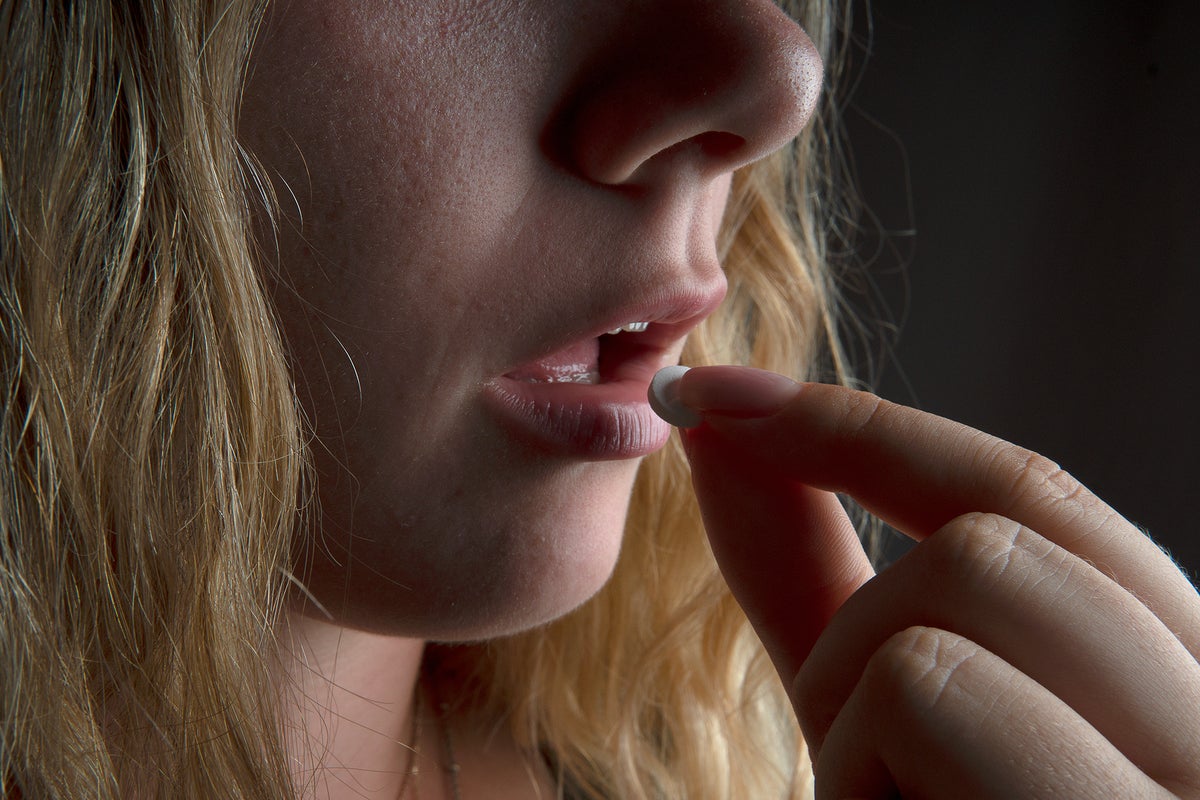The allergy and asthma drug montelukast, also known as Singulair, can cause psychiatric side effects—and researchers aren’t sure why
In 1998 an asthma and allergy drug called montelukast hit the U.S. market under the name Singulair. In the years that followed, commercials filled with flowers and cats proclaimed that it was “a different way to treat allergies.” During the next two decades it became many doctors’ go-to antiallergy and asthma prescription—especially for children because, unlike other asthma medications, it comes in pill form and does not require fiddling with an inhaler. “It used to be prescribed like vitamins,” says Andrei Constantinescu, a pediatric pulmonologist at Columbia University Medical Center.
But for a few people, this dream medication turned out to be a nightmare. Some taking montelukast started to develop strange psychiatric symptoms. They became unusually irritable, and they experienced visual and auditory hallucinations, insomnia and even suicidal thoughts. This worrying pattern was especially prevalent in kids. In 2020 these reports prompted the Food and Drug Administration to issue Singulair and the generic versions of montelukast a serious label modification—a “black box” warning indicating severe or potentially fatal side effects.
Spurred by growing public awareness of these problems, scientists are now trying to figure out how widespread these side effects are—and how, exactly, an allergy drug is messing with people’s mind.



I haven’t looked into this particular drug but what many times happens in the U.S. when a drug’s patent is about to expire is that the manufacturers repackage the chemical compound under a different name and for a different disease and then they can re-patent the compound as something new and continue raking in the big bucks instead of letting the patent expire and generics take over (in actual free market competition btw), which would make the drug very affordable for consumers. The direct effect of this is that consumers are sometimes taking the wrong medicine, in order to support the profitability of the pharmaceutical industry. For example an anti-psychotic which has a patent expiring is rebranded as a sleeping pill (because many anti-psychotics make people sedated as a secondary effect) and gets a new patent for 20 years which props up the price of the drug, mevermind that anti-psychotics cause brain atrophy and, because of the profit-driven incentive model of private healthcare, are sometimes incorrectly prescribed to children for behavioural issues instead of psychotic symptoms. Yay for the stock price!
Quetiapine, a massive scandal waiting to get attention. In my opinion.